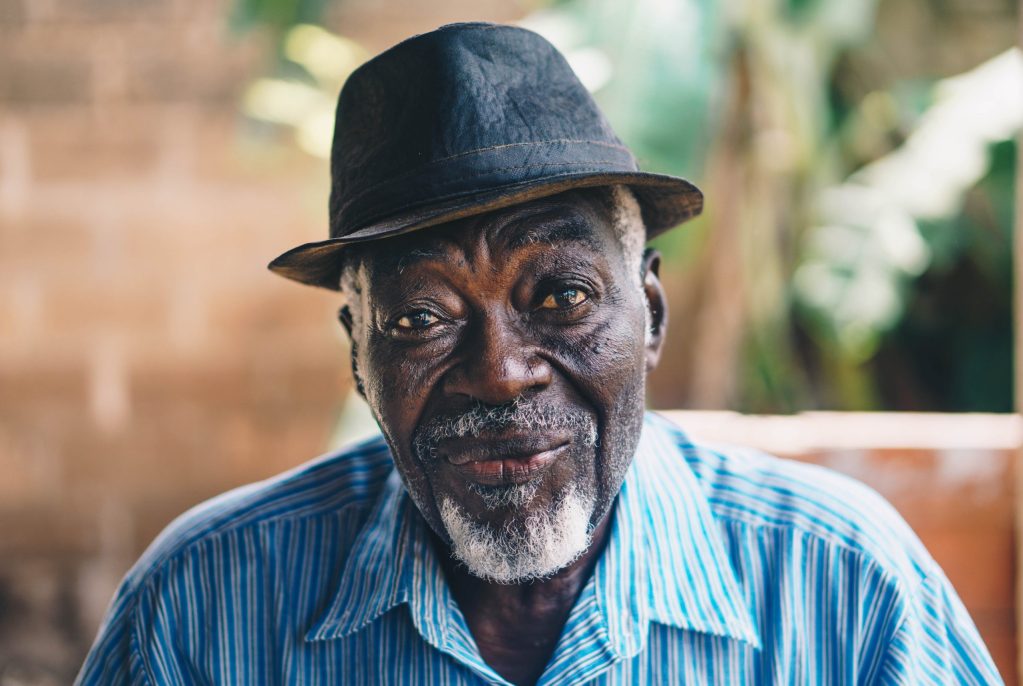WellBox launched our first mental health gifts back in October 2020. With all the fallout from the pandemic and going in & out of lockdowns, people’s mental health was taking a battering, and we wanted to provide a way to help companies look after their staff.
When thinking about a charity we could support with these boxes, the first one we thought of was Mind. Their work to support people with mental health problems fits perfectly with the message of these boxes.
For every mental health & wellbeing gift that you buy, a £1 donation to Mind is made on behalf of you or your company. These donations will support all of Mind’s general programmes, such as their Infoline and Legal line, the support that they offer in local communities through local Minds and to campaign for better services and support.
Read on to find out more about how your donations help to support those in need.

For 70 years, Mind has been committed to making sure that everyone experiencing a mental health problem can access the support they need and is treated with the respect they deserve.
They work to make sure everyone can get mental health support, whoever they are, whatever their race, gender, sexuality, disability or beliefs. They design their services together with the people who use them and they stand up to the injustices that make life harder for people with mental health problems.
And when a global pandemic suddenly strikes and creates a mental health emergency they act fast and do all they can to make sure everyone with a mental health problem gets support and respect.
Our world has changed, but Mind’s commitment to do everything they can to support better mental health has never been stronger.

In 2020, many local Minds swiftly began supporting people in their communities online, while existing digital services also continued to flourish – such as the Youth Voice Network, which brings together hundreds of young people to help influence and shape their work.
At the same time, they rapidly expanded and tailored their existing support in response to the pandemic’s devastating impact on mental wellbeing. Frontline is a prime example of this. It’s a round-the-clock support service for key workers, which they launched in coalition with a range of other mental health organisations within weeks of lockdown starting.
Mind also published a range of online information on coping with the coronavirus, which generated over 300,000 visits to their website in the first week of lockdown alone.
In 2019-20 alone, Mind made the following achievements:
- Mental health information was accessed over 18 million times
- Responded to over 119,000 people seeking information and support from their helplines
- Nearly 19,000 people with mental health problems worked with them to make sure their services met the needs of the people who use them.
- Over 120,000 people used their online support communities.
- 59,000 people campaigned with Mind to improve services and push for justice.
- Local Mind services supported 333,000 people
- They reached over 1.5m million employees through Mind’s workplace wellbeing programmes

For the future Mind have 3 strategic development priorities. These are the areas where they know they need to do more to respond to urgent needs.
Becoming an anti-racist organisation
Mind will be an unflinching advocate for racial justice and mental health.
Their support will be engaging and effective for people from racialised communities. They will invest in building an inclusive organisational culture with diverse leaders.
Supporting young people
Mind’s ambition is to become an influential advocate for young people’s rights.
They will fight to ensure that all young people learn about mental health and can easily access trauma-informed mental health support.
Fighting for people in poverty
Mind want to stop people with mental health problems from getting trapped in poverty. They will campaign for a robust welfare safety net and they will become a leading provider of mental health financial inclusion advice and support.
They will build strong partnerships to tackle the complex relationship between mental health and poverty.
Mental health is not hidden anymore; it’s on the front pages; it’s on the political agenda; it’s spoken about by royalty. For millions of people, mental health is now something to be honest about – not ashamed of.
The Mind community have been at the heart of this transformation. Together, they’ve shown what mental health looks like, what support makes it better, and what needs to change.

